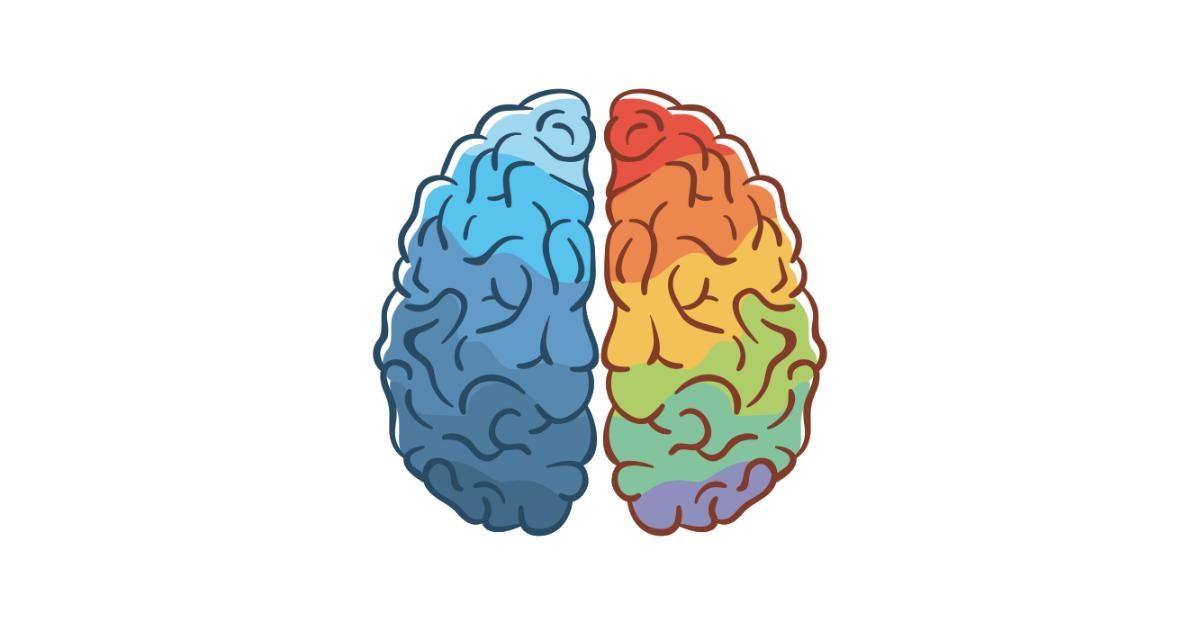
Ronald Grisanti D.C., D.A.B.C.O.,D.A.C.B.N., MS
Attention-deficit disorder affects a startling 17 million people and seems to be gaining ground every year.
As a parent of child suffering with this disorder…what are you to do?? Attention-deficit disorder is the most frequently diagnosed childhood psychiatric condition in America. In the past most medical journals described this disorder as minimal brain damage, hyperactive child syndrome & minimal cerebral dysfunction.
The common symptoms include brief attention span, poor concentration, difficulty keeping track of things, making careless mistakes, impatience, difficulty waiting or taking turns, blurting out answers when not asked, impulsiveness, hyperactivity, failure to finish things off, lack of perseverance & poor organizing. These characteristics are frequently associated with difficulties in school, in both learning and behavior. Task that require concentration are nearly impossible causing frustration, irritability, agitation and often recklessness.
There are three types of ADHD: Inattentive, predominately hyperactivity and combined type. Girls are more prevalent to exhibit the symptom of inattentiveness, whereby boys tend to be more hyperactive. As a child with undiagnosed ADHD becomes a teenager, he/she may become involved in drugs and crime and will commonly drop out of school. In adulthood the predominant features are failure to complete tasks, disorganization, difficulty paying attention and difficulty beginning tasks.
Conventional Medical Treatment
The conventional medical treatment for ADHD is almost always pharmaceutical drugs such as methylphenidate (Ritalin) or the amphetamine Adderall. A review in the Journal of Clinical Psychiatry notes that two antidepressants -- bupropion and venlafaxine -- are now being used as an alternative. "Talk therapy" is often recommended in conjunction with prescription medication for ADHD.
Alternative Medical Treatment:
The causes of ADHD are many and it would serve your child well for the parents to investigate the possible underlying factors that could very-well be causing the condition.
The Functional Medicine Approach looks at the triggers of ADHD. People with ADHD often have impaired digestion, environmental and food sensitivities, nutritional insufficiencies, heavy metal toxicities, fatty acid and amino acid imbalances, sensitivity to food additives and sucrose (sugar). Some studies indicate a possible genetic predisposition. Children with ADHD usually have histories of more ear infections (otitis media) than other children with learning problems.
It is unfortunate that many people who have children suffering with ADHD are not informed of all the options. I must agree that prescription medications such as Ritalin and Adderall can make a significant impact on the symptoms of ADHD. A child who once was inattentive is now focused and doing well in school. Who can ask for anything better?!! But, are you being told everything? What are the long-term health risks for your child?
Studies done on children taking Ritalin using a PET scan revealed that although the children had a reduction in their symptoms the PET scan was highly abnormal.
Most physicians are trained to treat ADHD with amphetamine-like drugs. But nutritionally oriented physicians have known for a long time that food allergy is a primary cause. The first major scientific study to show the link between food allergy and hyperactivity appeared in a 1985 issue of Lancet, a prestigious international medical journal. Dr. J. Egger, head of a pediatric university hospital in Munich, and Dr. J Soothill, London, England, studied the effect of food on 76 hyperactive children. 79% had clear improvement in their mental activity, emotions and behavior and 28 became completely normal. To prove their findings, the researchers reintroduced the allergenic foods to the children and their hyperactive symptoms returned.
The following have been linked to ADD:
•Food sensitivities
•Heavy metal toxicity especially lead has been linked to attention deficit and learning problems. Dr. H.L. Needlemen of the University of Pittsburgh Medical School has conducted scores of studies over the last 20 years clearly establishing the link between lead levels in children and specific hyperactive and attention deficit behavior traits. Follow-up studies indicate that these effects often persist into adulthood.
•Fatty acid deficiency
•Amino acid imbalances
•Methylation dysfunction
•Intestinal dysbiosis
•to name a few
https://www.functionalmedicineuniversity.com/public/1124.cfm
Call us at (609) 484-9300.
Or visit the link below to schedule an appointment.
http://www.drgitto.com/hylnet/clientapp/appointmen...
You can also visit us on the web at www.drgitto.com/
We can help you live an active-healthy lifestyle and enjoy every season of life.
This article is provided by Gitto Advanced Chiropractic & Functional Nutrition in Northfield NJ
Disclaimer: We do not directly dispense medical advice or prescribe the use of herbs or supplements as a form of treatment for illness. The information found in this Newsletter is for educational purposes only and to empower people with knowledge to take care of their own health. We disclaim any liability if the reader uses or prescribes any remedies, natural or otherwise, for him/herself or another. Always consult a licensed health professional should a need be indicated.
